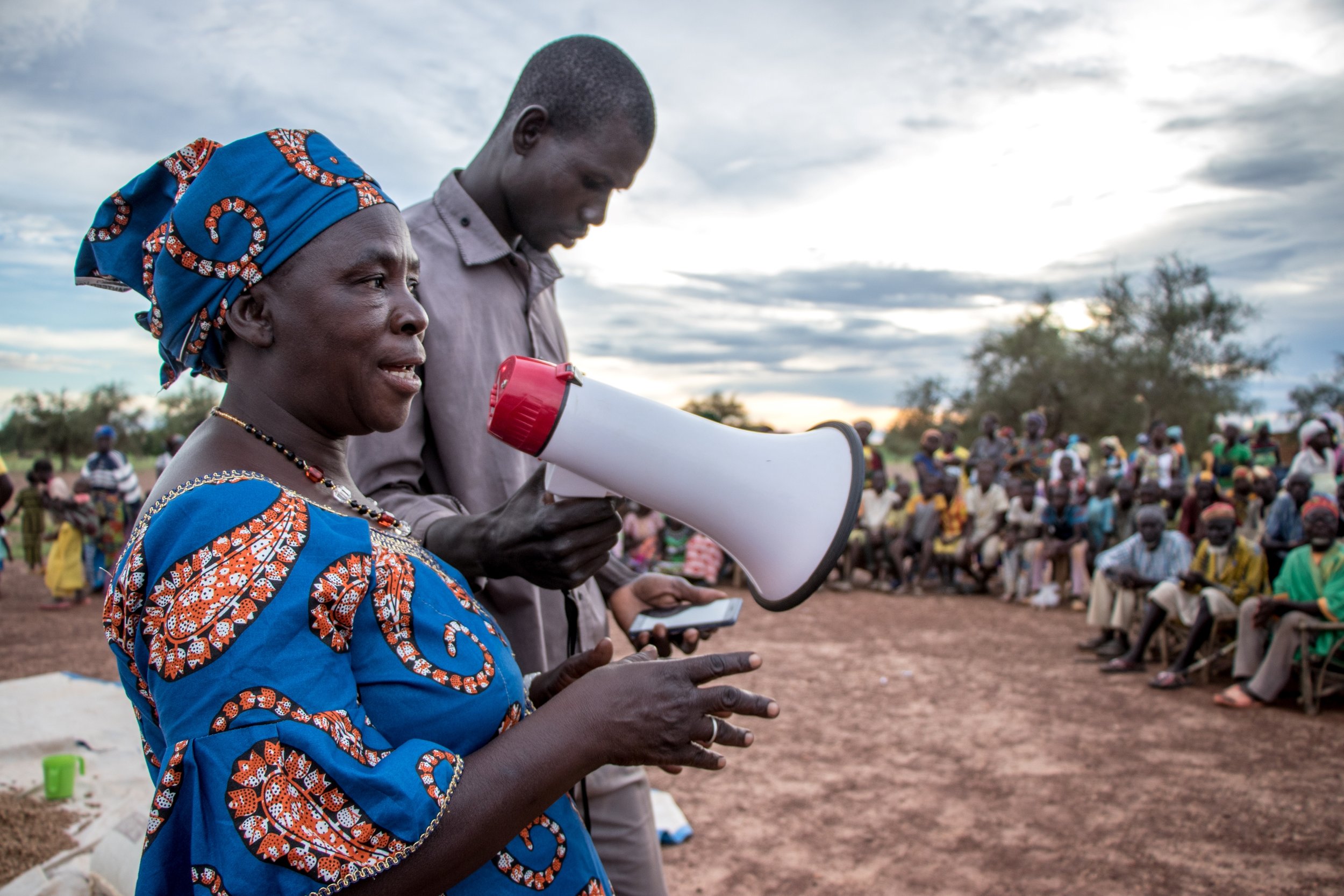Resources
Search our resources
Or filter resources by
Country/region
- Afghanistan 2
- Africa 32
- Americas 3
- Asia 11
- Bangladesh 3
- Belarus 1
- Burkina Faso 3
- Caribbean 7
- Chad 1
- Colombia 3
- Cote D'Ivoire 1
- DRC 1
- Dominica 2
- Ethiopia 3
- Europe 10
- Fiji 6
- Global 52
- Guinea 1
- Haiti 4
- Hati 1
- Horn of Africa 8
- Indonesia 1
- Iraq 1
- Kenya 6
- Libya 1
- Malawi 1
- Middle East 8
- Morocco 2
- Mozambique 4
- Myanmar 1
- Nepal 3
- Niger 2
- Pacific 14
- Pakistan 4
- Palestine 2
- Papua New Guinea 5
- Philippines 6
- Sierra Leone 1
- Somalia 3
- South Sudan 2
- Southeast Asia 7
- Sudan 4
- Syria 3
- Turkiye 3
- Ukraine 6
- Vanuatu 5
- Yemen 1
- Zimbabwe 1
Topic
- AI 4
- CDAC Public Forum 12
- COVID-19 12
- DEPP 7
- Ebola 1
- National Platforms 9
- PSEA 2
- SMS 2
- Sudan 1
- accountability 45
- capacity bridging 15
- cholera 2
- climate 11
- communication 110
- community engagement 80
- conflict 17
- coordination 51
- cyclone 3
- development 1
- digital 30
- disability 2
- disaster 41
- displacement 13
- drought 3
- earthquake 12
- feedback 7
- financing 5
- floods 3
- health 16
- hotline 1
- hurricane 2
- inclusion 11
- information 70
- information integrity 3
- journalism 31
- localisation 28
- media 50
- media development 3
- misinformation 4
- needs assessment 7
- participation 11
- perceptions 1
- policy & advocacy 15
- protection 2
- psychosocial 1
- radio 5
- safeguarding 2
- social media 17
- training 3
- typhoon 5
How to spot harmful information in crises
In times of emergency, finding reliable information online can be challenging. This tipsheet offers practical advice to help you identify trustworthy information and avoid misinformation.
Information management for communication, community engagement and accountability to affected people (CCE/AAP)
Practical guidance on how information management associated with communication, engagement and accountability activities can support humanitarian action.
Capacity decision framework for CCE/AAP (communication and community engagement/accountability to affected people)
This framework helps decision-makers to identify and source required surge support to ensure appropriate capacity at country level to deliver CCE/AAP across humanitarian response.
Common advocacy statements: CDAC Network 2022
Common advocacy statements in support of CDAC Network’s vision: that communities will have the information and resources they need to determine their own solutions and be central stakeholders in humanitarian and development decision-making.
The impact of COVID-19 on communication, community engagement and accountability: perspectives from stakeholders, communicators and audiences
This study sought to identify changes to the communication, community engagement and accountability (CCEA) landscape as a result of the COVID-19 pandemic. Five key trends were identified and recommendations offered for forward planning.
Intentional inclusion of people with diverse SOGIESC (LGBTIQ+ people) in communication, community engagement and accountability
This guide offers entry points for inclusion of people with diverse sexual orientations, gender identities, gender expressions and sex characteristics (SOGIESC) in communication, community engagement and accountability activities.
Digital communication and accountability: insights from a year of discussions with CDAC Network
Through its public events in 2021, CDAC Network explored digital communication and accountability – in particular, asking how technology could offer a tipping point in shifting the power in aid. This policy brief outlines our key takeaways.
CDAC Message Library user guidance
Our Message Library offers clear, concise and simple messages on a range of topics as templates for you to adapt and use in the context you are working in. This document provides guidance on contextualising and using the messages.
CDAC Message Library
CDAC Network’s Message Library is a reference to help quickly disseminate critical information to people affected by disasters. It offers clear, concise and simple messages on a range of topics as templates for you to adapt and use in your context.
Relevance, capacity and remote localisation: technology and power in aid
Insights from the 2021 CDAC Public Forum: part two.
Start-ups, trust and letting go: technology and power in aid
Insights from the 2021 CDAC Public Forum: part one.
Tech localisation: why the localisation of aid requires the localisation of technology
In this background paper for the 2021 CDAC Public Forum, Kaurin argues that, ‘Localisation of technology can support humanitarian localisation in making communities resilient, instead of reliant on international aid and services that are disrupted by global crises such as the COVID-19 pandemic.’
Is technology broken? Insights from the 2020 CDAC General Assembly and Public Forum: part two
How do we make technology inclusive, fair and accessible? Read insights from the 2020 CDAC AGA and Public Forum, ‘Accountability in the age of the algorithm: championing pathways to inclusion in tech-driven futures’, where interdisciplinary experts wrestled with the dual problems of equity and efficacy.
Imagining a world beyond white privilege – insights from the 2020 CDAC General Assembly and Public Forum: part two
From the 2020 CDAC AGA and Public Forum, ‘Accountability in the age of the algorithm: championing pathways to inclusion in tech-driven futures’, a fundamental challenge to the systems of inherent privilege on which today’s aid sector is built and how they intersect with new technology.
Improving the response to COVID-19: lessons from the humanitarian sector around communication, community engagement and participation
As the world grapples with successive waves of COVID-19, what lessons can we learn from other health emergencies and humanitarian crises to develop a more effective and accountable response to the pandemic?
Information management functions of an inter-agency AAP/CCE working group
Guidance developed for AAP/CCE information management officers.
Support models for local humanitarian innovation: how to provide impactful support for grassroots solutions
Inclusive approaches to humanitarian action are gaining ground and growing in number. Here’s what this looks like in practice.
Accountability in the age of the algorithm: championing pathways to inclusion in tech-driven futures
Concept note and background for the 2020 CDAC Network Public Forum.
Technical training: communication and community engagement in humanitarian response – a facilitator’s guide
A guide for facilitators conducting training on communication, community engagement and accountability.
Community-centred design and humanitarian innovation
Opportunities and challenges of leveraging human-centred design for more effective humanitarian innovation.



















